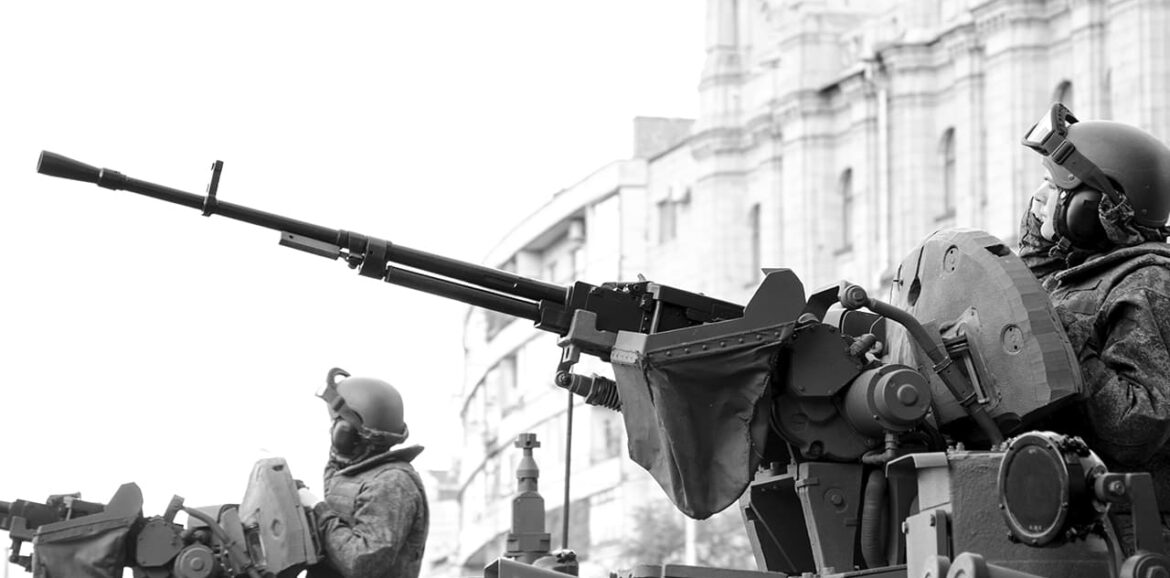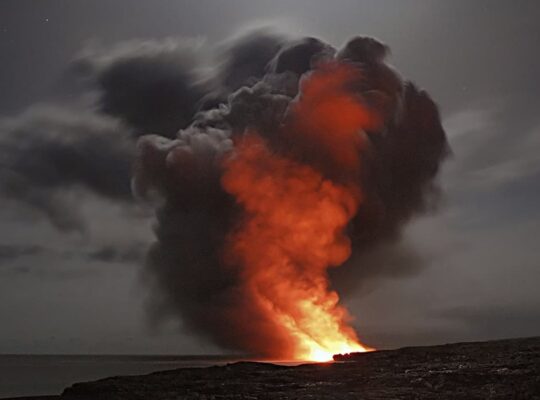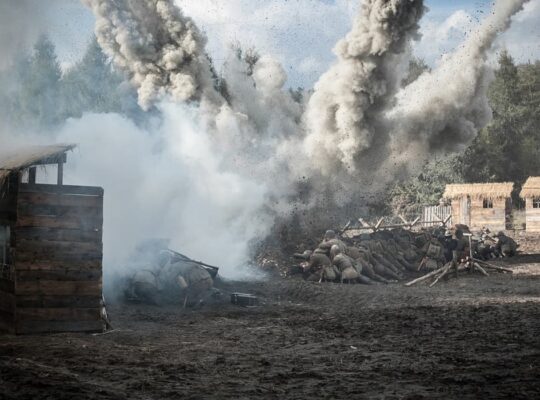World War II was the largest and most destructive military conflict in human history. More than 60 countries with 80% of the world’s population, including all the major powers, took part in World War II.
The main rivals during the Second World War were two military and political camps: the Axis bloc, where Nazi Germany, Italy, and Japan played a leading role, and, on the other hand, the Anti-Hitler Coalition, which was based on the USSR, Great Britain, and the United States.
The Second World War was generally a logical continuation of the First. After its defeat in World War I, Germany was forced to sign the humiliating Treaty of Versailles in 1919. According to the treaty, Germany lost its overseas colonies, as well as part of its own territories, and was forbidden to maintain a large army. The majority of Germans were against the treaty, and their discontent was eventually exploited by radicals, the Nazis.
Some people still mistakenly believe that the date of the end of World War II is May 9, 1945, but this is not true. The Second World War began on September 1, 1939, when Nazi Germany attacked Poland, and lasted until September 2, 1945, when Japan, an ally of Nazi Germany, surrendered. So, on May 9, we celebrate the Day of Victory over Nazism.
This war was marked by numerous massacres and crimes against humanity, attempts to exterminate entire nations. One of the most famous Nazi crimes is called the Holocaust. The term “Holocaust” comes from the ancient Greek language and literally means “burning”. This is the common name for the persecution and mass extermination of Jews and Roma by the Nazis and their collaborators during World War II. It was the representatives of these nationalities that the Nazis condemned to complete extermination.
The unofficial name of Germany in 1933-1945 was the Third Reich. The term “Third Reich” became a popular journalistic term created from a comparison with the two historical German empires (Reichs), the Holy Roman and German. It was used in National Socialist (Nazi) propaganda to emphasize a qualitatively new milestone in German history. From there, it moved on to historical literature.
Germany suffered its first serious setback in World War II in the Battle of Britain (July 10-October 31, 1940). The battle took place in the country’s airspace between the Royal Air Force and the Luftwaffe (the official name of the German Air Force) and was intended to serve as a prologue to the subsequent invasion and occupation of the country by ground forces. Having lost 1,887 aircraft, Nazi Germany was unable to gain air superiority, and the plan to invade Britain (the “Sea Lion”) failed.





